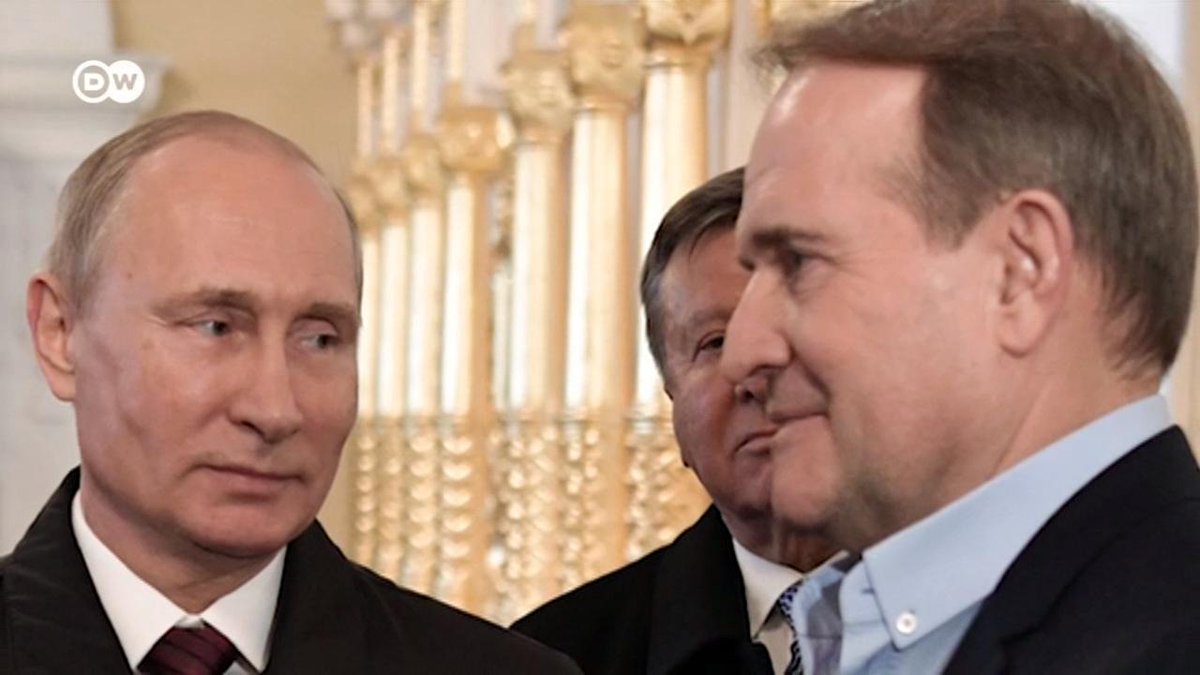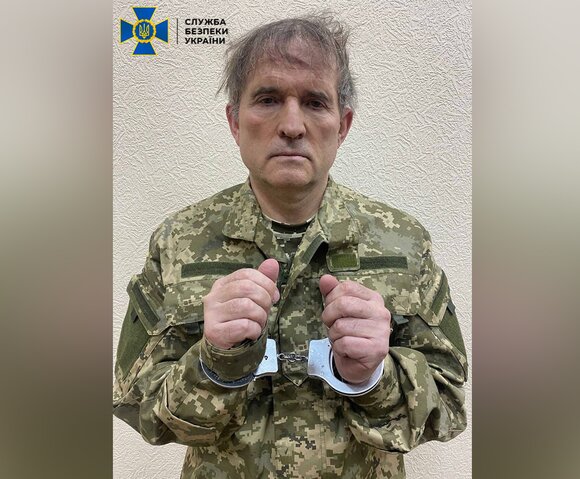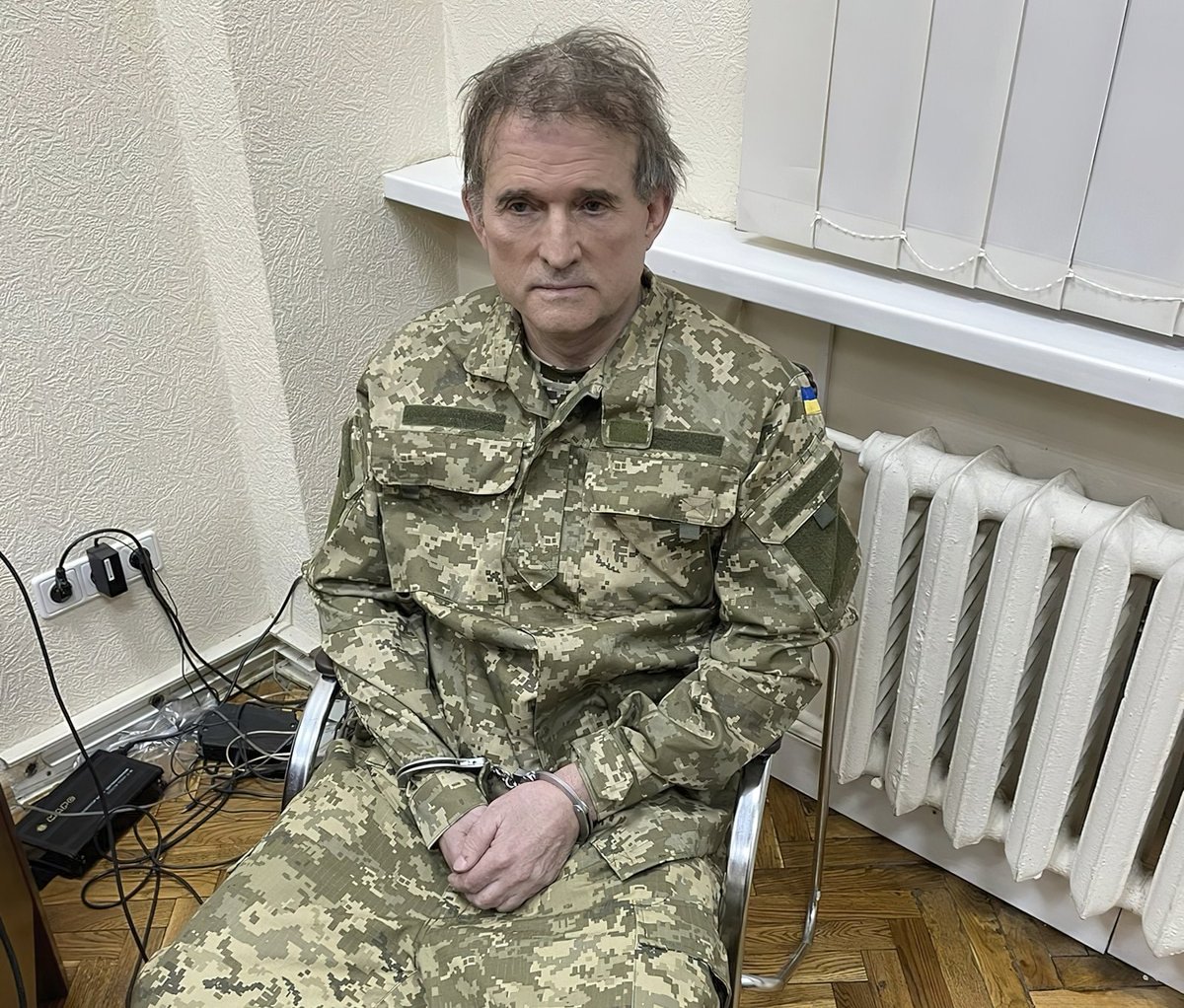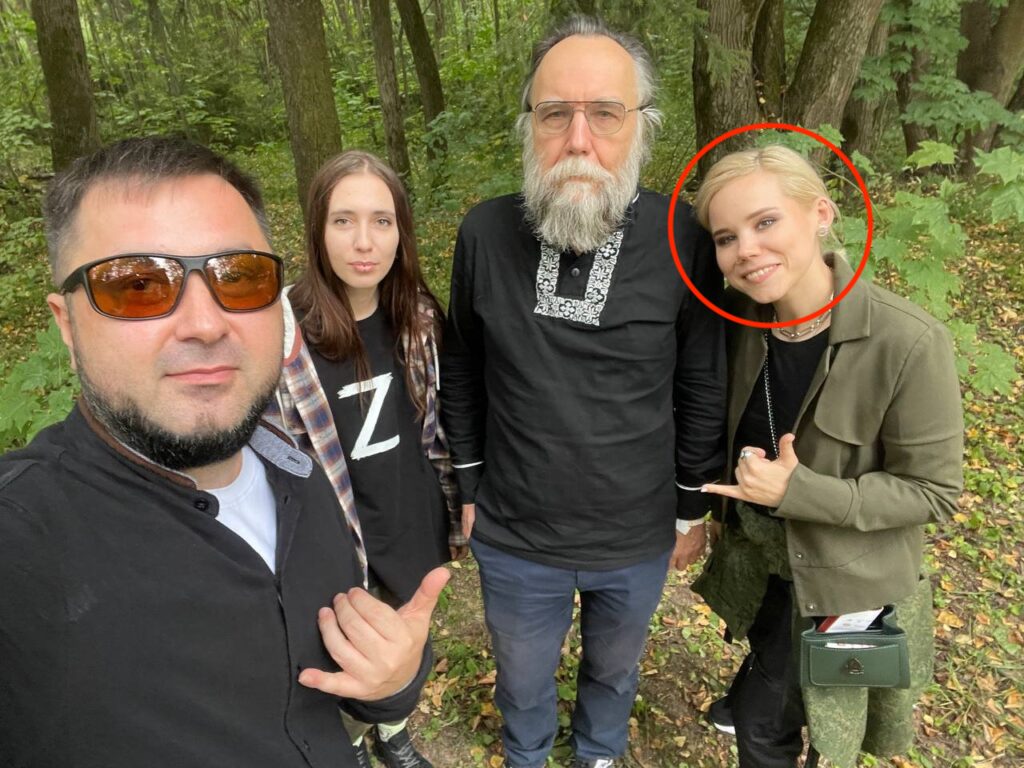The Mastermind Dugin theory is interesting for two reasons:
1. Those who know Russia consider it false
2. Those who don't know Russia presume it's true
Dugin had never been the Kremlin's brain. But he launched a successful PR campaign to persuade the outer world that he is
1. Those who know Russia consider it false
2. Those who don't know Russia presume it's true
Dugin had never been the Kremlin's brain. But he launched a successful PR campaign to persuade the outer world that he is
https://twitter.com/MarkGaleotti/status/1561312001439285248

The thing is: we don't really understand other societies. We don't really understand their realities, balance of power or mechanics of functioning. There is always a cultural barrier preventing this understanding. We tend to assume that a foreign society works just like ours
Smart PRmaxers can leverage this assumption to brand themselves abroad more successfully than at home. Consider a Ukrainian (pro-Russian) oligarch Medvedchuk. In Ukraine he is always styled as Putin's "kum". If A baptised B's child, A and B become "kum" after that 

Indeed, Putin baptised Medvedchuk's daughter. And a PRmaxer Madvedchuk leveraged it to the fullest for PR purposes. I'm the Putin's kum, the Putin's kum I am! Very important!
In reality he leveraged a cultural barrier. Because in Ukraine being kum matters. In Russia it doesn't
In reality he leveraged a cultural barrier. Because in Ukraine being kum matters. In Russia it doesn't

Russia and Ukraine seem to be very close culturally. They can speak the same language, share the same cultural memes, profess the same religion (mostly). So most Russians and Ukrainians often assume that things in their countries work alike
But they don't. They're very different
But they don't. They're very different
In Ukraine being "kum" is very important. The term for nepotism "kumovstvo" must be understood literally. In Russia the same word must *not* be taken literally. When discussing "kumovstvo" nepotism networks, Russians do not mean they are actually kums. That is just unimportant
Medvedchuk weaponised the cultural barrier between Ukraine and Russia. He became Putin's kum. Russians do not take being kum seriously, but Ukrainians do. So he persuaded the Ukrainians that he is super close to Putin, has influence on him, represents him
That backfired
That backfired

I agree that Medvedchuk is Putin's agent of influence. But I will also argue that the Ukrainian public opinion tends to exaggerate his importance. Why? Because Medvedchuk himself successfully exaggerated his own importance weaponising the cultural barrier between two countries 

I do not have any evidence of who organised the yesterday's attack, but the factor of Dugin having successfully exaggerated his own importance on the world arena might have played a role. He made his surname a global brand, far more successful abroad than in Russia
His daughter Darya weaponised the dad's brand and tried to act as an intermediary between:
1) Kremlin and the European far right
2) interest groups in Russia
Both of which could have had her killed. The first one, for financial reasons. The second, for political ones. The end
1) Kremlin and the European far right
2) interest groups in Russia
Both of which could have had her killed. The first one, for financial reasons. The second, for political ones. The end

The younger guy on the previous photo is Akim Apachev, a Wagner-connected musician. Both Alexander and Darya Dugina took pro-war stance and were very active in the Z-movement. Neither of them was innocent
• • •
Missing some Tweet in this thread? You can try to
force a refresh





